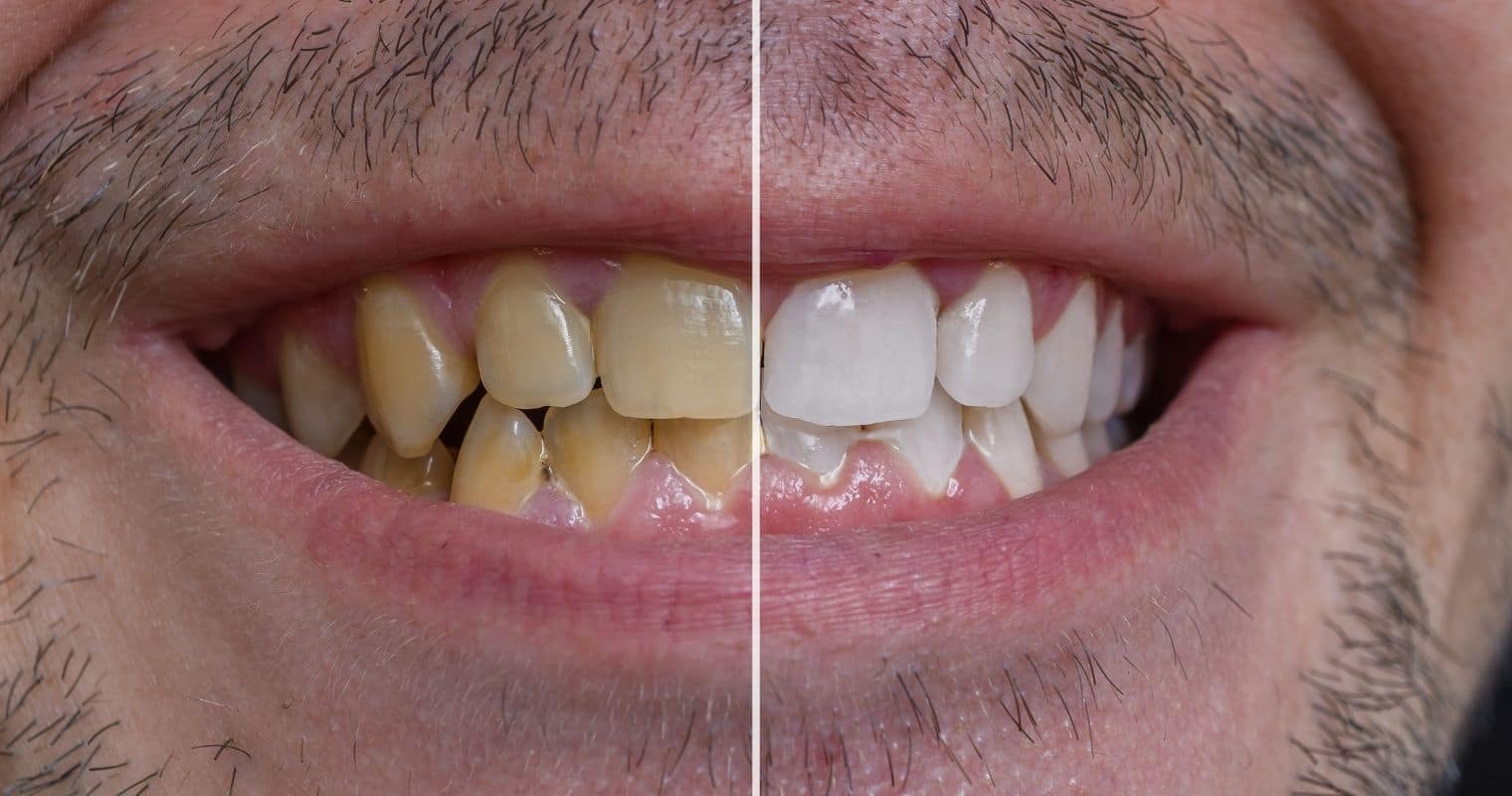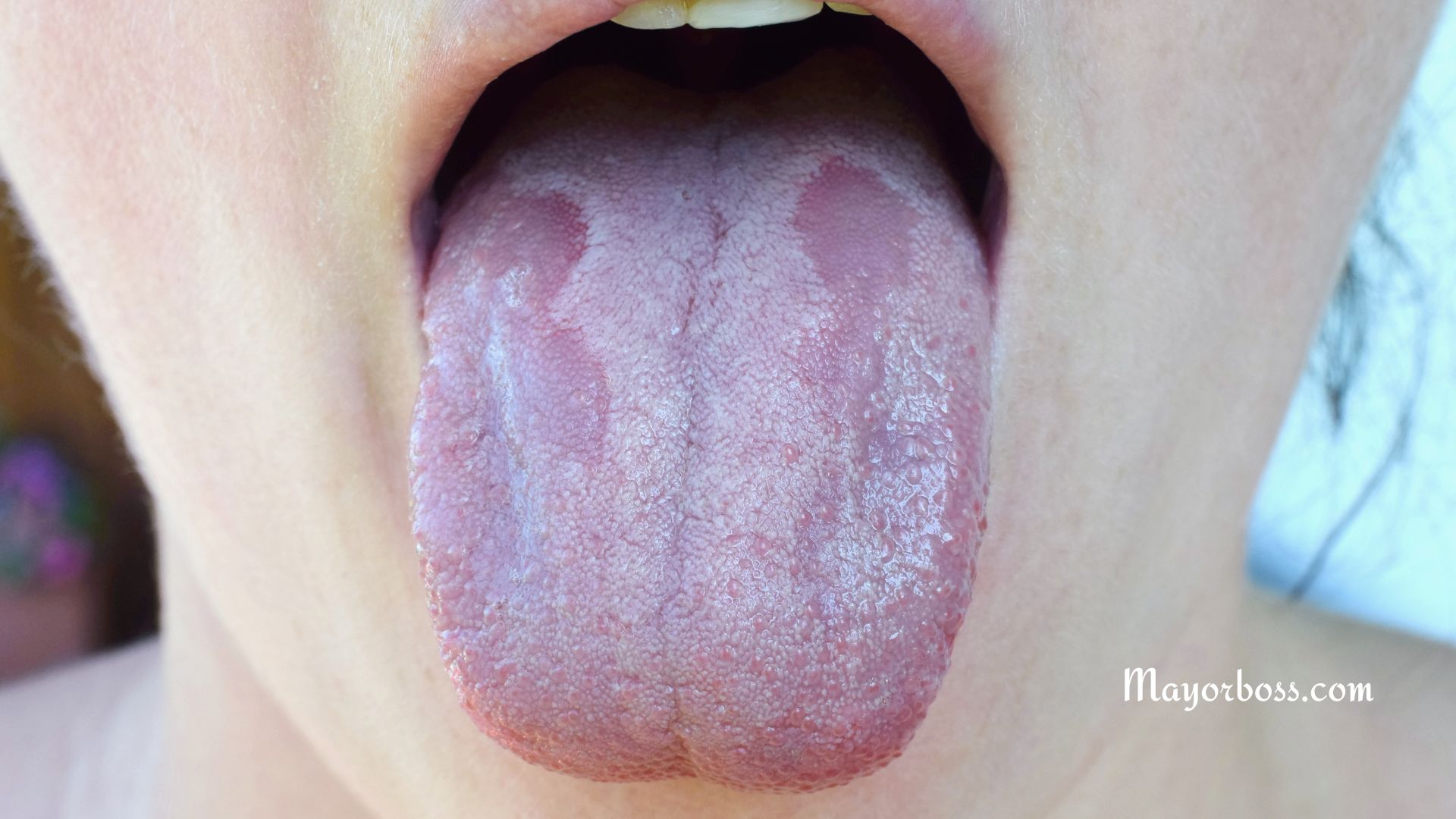What Does It Mean When Your Tongue Feels Itchy?
You’re in the middle of an ordinary day, and suddenly, you notice a peculiar sensation in your mouth. It’s not exactly painful, but definitely uncomfortable. Your tongue feels itchy. If you’ve ever found yourself in this situation, you may have wondered, “What does it mean when your tongue feels itchy?”
An itchy tongue can be a sign of various conditions, ranging from mild to serious. This uncomfortable sensation might be due to oral allergies, viral or fungal infections, certain foods like nuts, raw fruits, soy, and cow’s milk, or even systemic health conditions. If the itchiness is persistent or accompanied by other symptoms, it could be a sign to seek medical attention. Let’s delve into this puzzling symptom and find out what it could mean.
Possible Causes of an Itchy Tongue
Before we jump into details, it’s important to remember that an itchy tongue is not a disease itself but a symptom. As Dr. Natalia Hapych, a respected family doctor, once said, “Symptoms like an itchy tongue can often be signals our bodies send to alert us about underlying issues. It’s crucial not to ignore them.”
Oral Allergies
Just like how you may sneeze or develop a rash in response to certain allergens, your tongue might become itchy if you’re allergic to something you’ve eaten or been exposed to. Known as oral allergy syndrome, this condition typically happens shortly after eating certain raw fruits, vegetables, or nuts, particularly if you’re already allergic to certain pollens, according to the National Jewish Health.
Cold or Flu
Have you recently caught a cold or the flu? The inflammation and post-nasal drip associated with these illnesses can often lead to an itchy tongue. “It’s common to experience an itchy tongue along with other symptoms when you’re down with a cold or flu,” says Dr. Hapych.
Oral Health Issues
Poor oral hygiene can lead to an itchy tongue. Dental conditions, such as oral thrush, a type of yeast infection in the mouth, or periodontal disease, can cause this symptom. Maintaining good oral hygiene habits, including brushing and flossing regularly, can prevent these issues.
Certain Foods or Medications
Spicy or acidic foods may lead to an itchy tongue in some individuals. Some medicines can also cause this discomfort as a side effect. If you’ve recently changed your diet or started a new medication and noticed an itchy tongue, consider consulting with a healthcare professional.
Systemic Health Conditions
Certain systemic diseases, such as diabetes or anemia, can also cause an itchy tongue. These conditions can lead to a dry mouth, which in turn can make your tongue feel itchy or uncomfortable.
Dealing with an Itchy Tongue
So how can you treat an itchy tongue? Treating an itchy tongue is mainly about addressing the underlying cause. Here are a few general tips:
- Maintain good oral hygiene: Brush and floss regularly to avoid oral health issues that might lead to an itchy tongue.
- Take oral antihistamine medications to relieve mild symptoms.
- Stay hydrated: Dry mouth can lead to an itchy sensation, so ensure you drink enough water daily.
- Monitor your diet: If certain foods cause your tongue to itch, try to avoid them.
- Seek medical attention: If the itchiness persists or is accompanied by other symptoms, consult with a healthcare professional.
When to See a Doctor
An itchy tongue is usually more of a nuisance than a cause for alarm. However, if you have persistent symptoms or if your itchy tongue is accompanied by other symptoms like swelling, difficulty breathing, or a rash, you should seek medical attention immediately.
As Dr. Natalia Hapych advises, “Don’t take your symptoms lightly. If your tongue itches persistently or is accompanied by other concerning symptoms, seek medical help. Early diagnosis can often lead to more effective treatment.”






